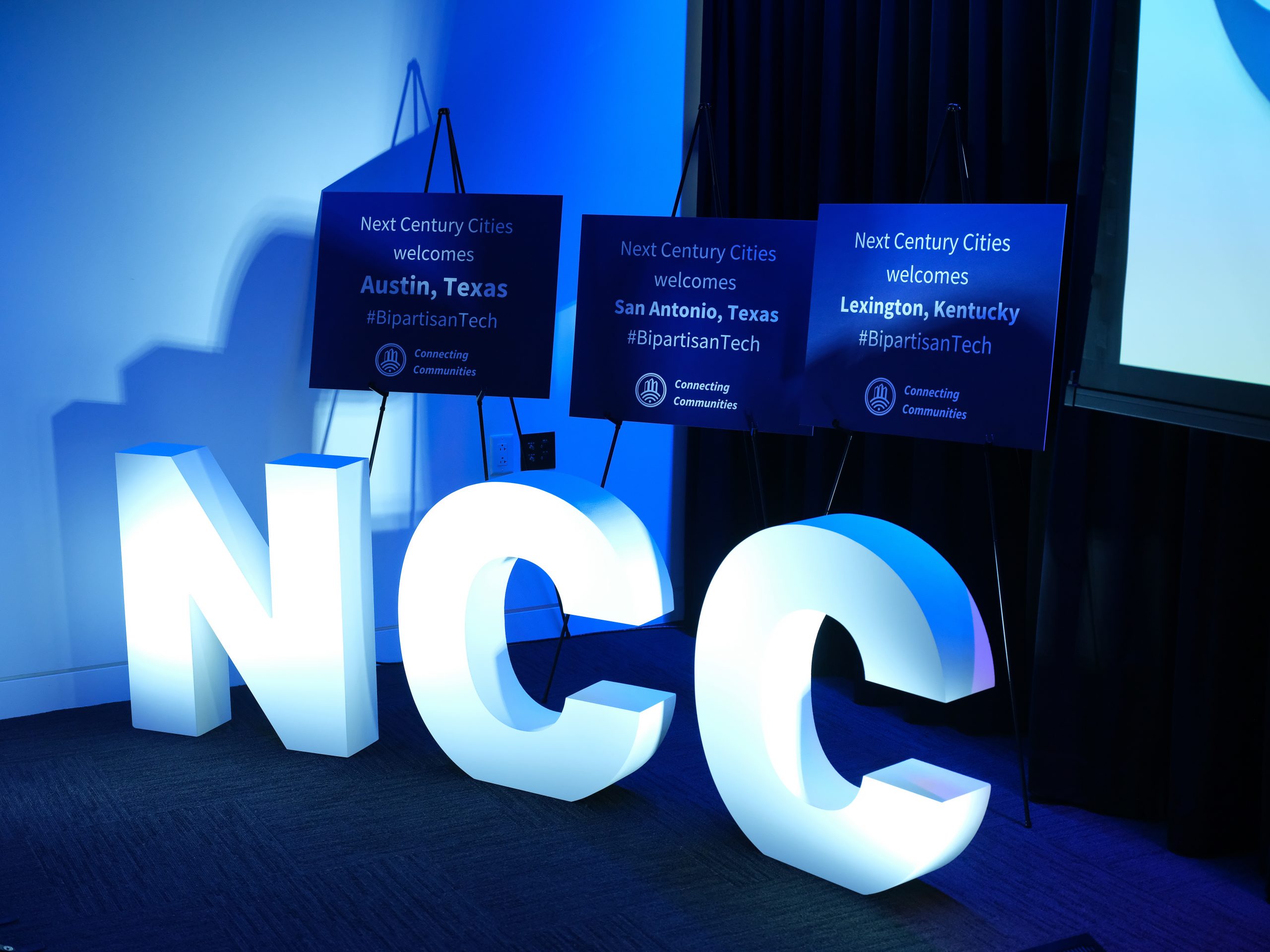By Ryan Johnston

It took over sixty years for the 1934 Telecommunications Act to be modernized. The 1996 legislative update expanded on the traditional notions of universal service, recognizing that telephone services for healthcare providers, schools, and libraries were as critical as reliable service for consumers.
As a result, the Universal Service Fund (“USF”) was created by the 1996 Telecommunications Act. Today, the USF supports four programs: High-Cost, Lifeline, E-Rate, and Rural Healthcare. All four provide support for the deployment and affordability of broadband and voice services to hard-to-reach and low-income communities.
In May of 2023, Senators Ben Ray Lujan and John Thune convened a Senate working group to guide education, awareness, and policy-making on the USF. Shortly thereafter, the Senate Subcommittee on Communications, Media, and Broadband convened a hearing entitled “The State of Universal Service,” which included expert testimony on the current functions of the USF and how potential reform could increase the program effectiveness.
After the hearing, the working group released a call for comment on the state of the USF. This request invited comment on the general functions of the USF, its impact, and what reforms may be necessary to ensure that funds are being spent effectively. To that end, on August 25, 2023, Next Century Cities submitted comments urging lawmakers and policymakers to:
-
Eliminate the ETC designation, making funds available to more providers that want to serve their communities.
-
Increase data transparency and allow public audits of USF funding.
-
Change the definition of classroom, updating E-Rate rules to reflect new developments in distance learning.
-
Recognize that the NTIA’s Broadband Equity, Access, and Deployment (BEAD) program will not eliminate the need for the High-Cost Program.
-
Note that the ACP is not designed to be – and cannot be a replacement for – the Lifeline program.
The USF plays an important role in providing affordable service and supporting deployment in some of the most unserved and underserved portions of the United States. Without USF programs, there is a very real risk that an untold number of households could be left without telephone or Internet access at home and no recourse. Next Century Cities commends the Senate working group for undertaking this monumental task and urges Congress to make decisions that improve situations for the households that depend on USF programs. Read NCC’s full filing here.

